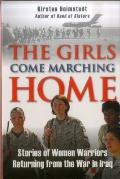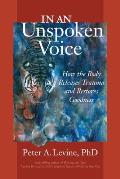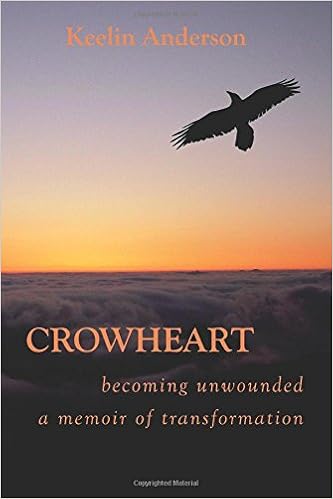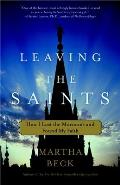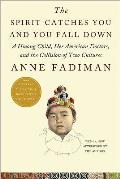Subtitle: Stories of Women Warriors Returning from the War in Iraq
Recommended to me by: A client.
I learned so much from these detailed descriptions of nearly 20 women soldiers, their deployments, and their returns to the US. What it’s like to be a soldier in a modern war. What it’s like in the war zone in Iraq. What it’s like to be a woman in the military. What it’s like to return from war, changed by becoming a solider, by being wounded, by witnessing and experiencing trauma, to find that home doesn’t fit any more.
Some of the women soldiers were wholly accepted into their units with camaraderie and support. Some experienced sexism and sexual harassment. Women of color experienced racism as well. The ones who were arbitrarily harmed by their fellow soldiers and superiors said that caused them more pain and distress than anything else in their tours of duty.
Many of the soldiers are in their late teens and early twenties. A few are closer to forty, and experience age-related harassment for that difference.
On their returns, the women struggle with distinguishing between “normal” difficulties of reintegration and the more severe difficulties of PTSD and traumatic brain injuries. Some fight being diagnosed with PTSD and some fight for the help they need. They miss the structure, enforced closeness, and clear priorities of military life. The transition from skilled soldier to struggling civilian is a difficult one.
This is not an easy book to read, but I highly recommend its forthright, compassionate look at women returning from the war in Iraq.

